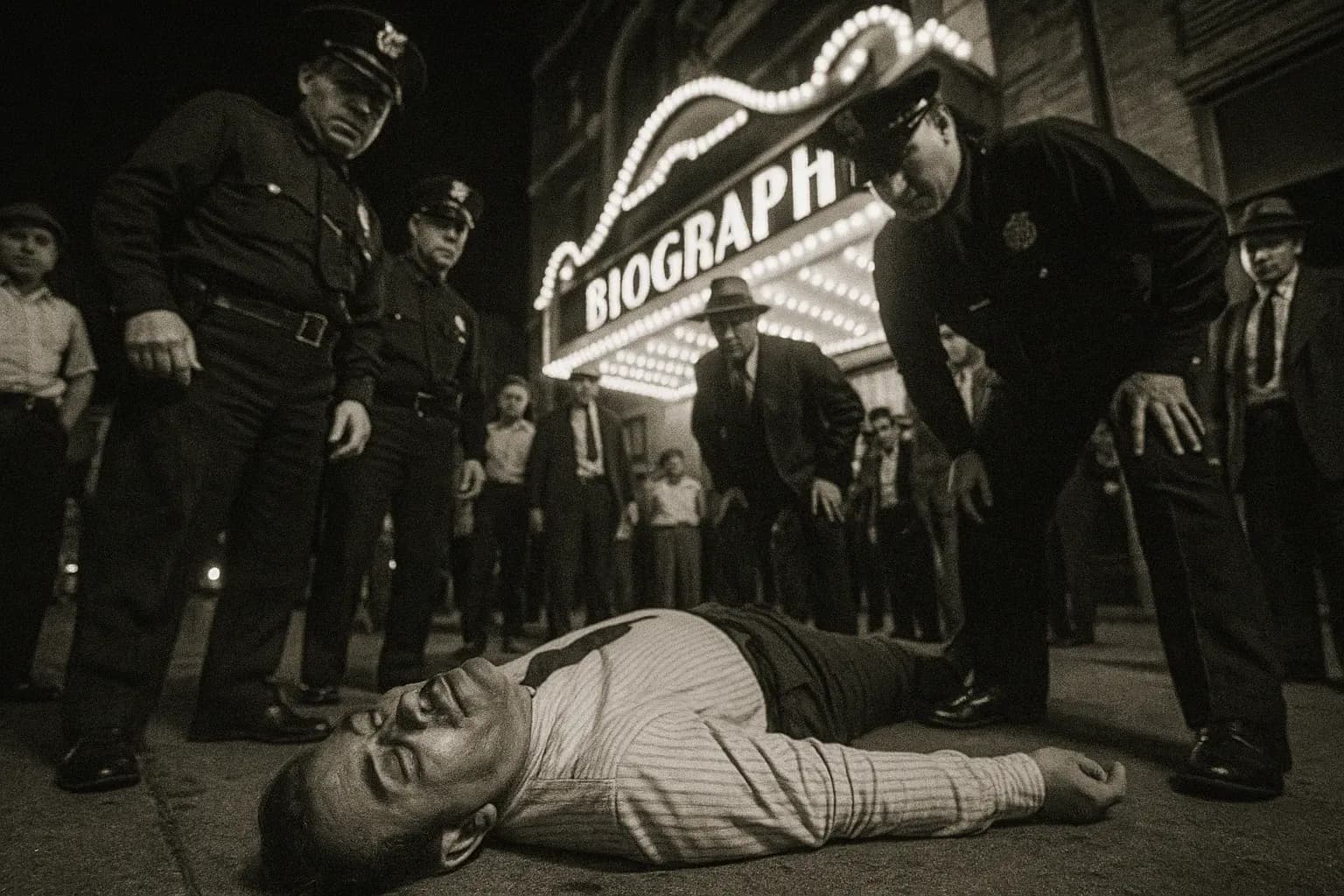
Depression
The complex role in crime – from vulnerability to accountability
How does depression affect true crime? Learn about its influence on perpetrators, victims, and case outcomes in complex criminal cases.
The complex role in crime – from vulnerability to accountability
Depression: Hidden factor in behavior and criminal choices
In the context of true crime, depression refers to a clinical mood disorder, typically characterized by persistent sadness, loss of interest, and reduced energy. In criminal cases, however, this mental illness is often investigated as a potential underlying factor that can affect a person's behavior, judgment, or vulnerability. Depression itself is not a direct cause of crime, but its presence in a perpetrator, victim, or witness can add complex layers to the understanding of a case's circumstances, possible motives, and overall progression. The condition can manifest in many ways, from social isolation and feelings of hopelessness to reduced impulse control or, in some cases, a desperation that can influence the choices a person makes under pressure.
From investigation to trial: Depression's heavy impact
When depression occurs in connection with crime, it often becomes a central element in both the investigation and the subsequent trial, although it is treated with great caution. For a perpetrator, untreated or severe depression can become relevant in discussions about accountability, possible mitigating circumstances, or their general psychological state leading up to the criminal act. It is crucial to emphasize that the vast majority of people with depression never commit crimes. For victims, pre-existing depression can potentially increase their vulnerability to manipulation or abuse, or it can affect their ability to seek help or recall details clearly after a traumatic event. Investigators and the legal system must therefore often carefully assess how depression may have played a role in the dynamics between victim and perpetrator, or how the condition potentially affects the credibility of crucial witness testimonies.
More than diagnosis: Depression's role in guilt and justice
Understanding depression in true crime is therefore essential, not to excuse criminal acts, but to gain a more nuanced picture of the human and psychological factors that may be at play in complex cases. This understanding highlights the complex intersection of mental health and crime and underscores the need for in-depth, individual assessment rather than simplistic causal explanations. Depression remains a complex psychological element that challenges our perceptions of motive, guilt, and justice in many tragic true crime cases.
How does depression affect the outcome of court cases? Delve into real-life cases involving depression, where accountability and vulnerability were key – find our compelling cases below.





